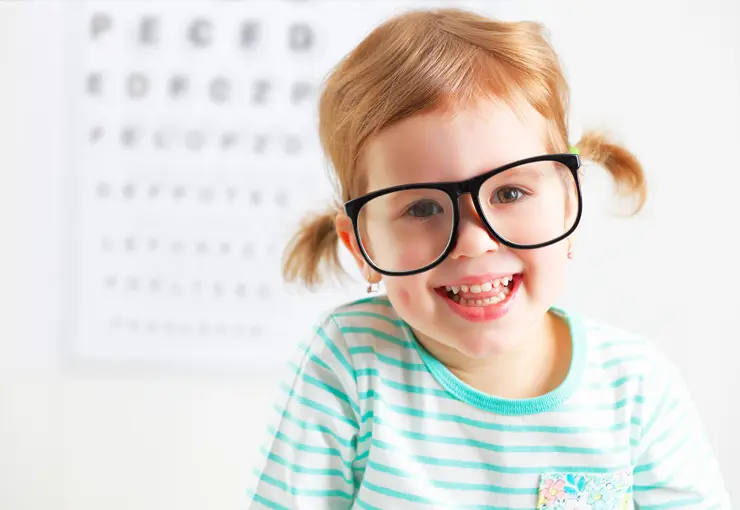Eye check-ups of children are appointments that are often ignored or rescheduled until your child experiences significant difficulty in vision. Initially, checks by the pediatrician are sufficient, but if there is a family history of eye problems, then visits to the ophthalmologist are mandatory. An eye exam is essential before your child joins the school as issues might reflect into the child’s performance at school.
Warning Signs
Difficulty in reading and writing, languid pace of work, reported trouble in seeing the board, blurred vision and headaches are warning signs that must be immediately addressed. These indicate that your child has significant problems concerning vision, and the earlier you get it checked, the better. Eye problems if left unattended might cause chronic issues that might even develop into a need for lifelong treatment.
Types of Health Professionals
There are three kinds of eye specialists whom you can contact. The ophthalmologist, who is a doctor who will conduct the examination, prescribe corrective lens, treat eye diseases and perform surgeries. The second type is an optometrist who offers the same services as an ophthalmologist but is a registered practitioner. The final kind of health professional is an optician who provides services associated with eyeglasses.
The Eye Examination
During the eye examination, you will be required to answer many questions based on your observation of your child. Some of them are listed below:
Is your child able to see well?
Does your child hold his/her books close to the face while reading?
Is your child’s vision straight or do his/her eyes drift often?
Do your child’s eyes appear unusual in any way?
Have you noticed any unusual drooping of an eyelid?
Has your child ever injured his/her eye?

